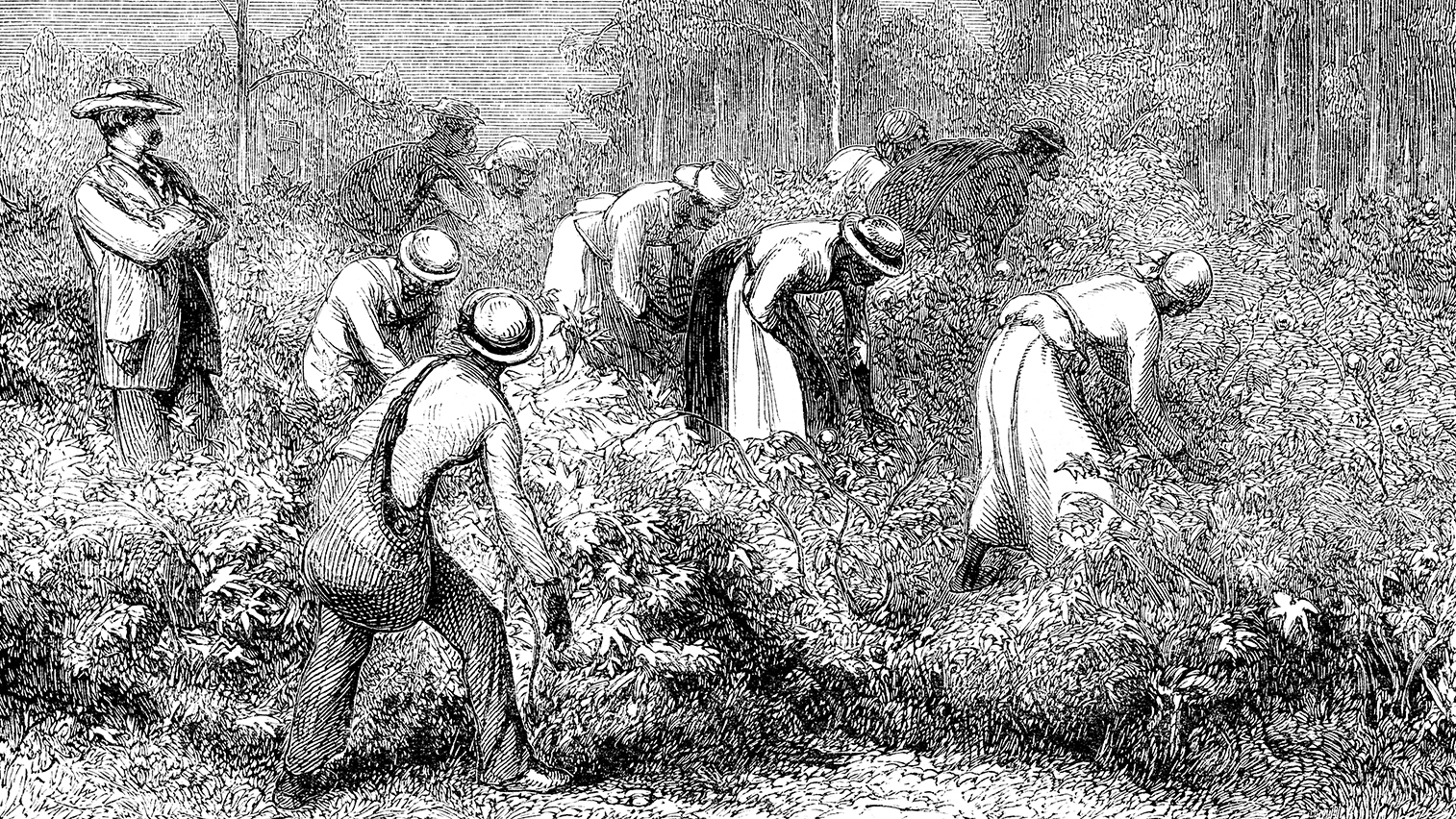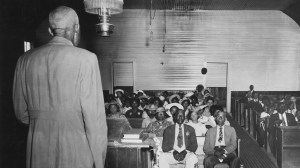In this series

Many southern Christians felt that slavery, in one Baptist minister’s words, “stands as an institution of God.” Here are some common arguments made by Christians at the time:
Biblical Reasons
• Abraham, the “father of faith,” and all the patriarchs held slaves without God’s disapproval (Gen. 21:9–10).
• Canaan, Ham’s son, was made a slave to his brothers (Gen. 9:24–27).
• The Ten Commandments mention slavery twice, showing God’s implicit acceptance of it (Ex. 20:10, 17).
• Slavery was widespread throughout the Roman world, and yet Jesus never spoke against it.
• The apostle Paul specifically commanded slaves to obey their masters (Eph. 6:5–8).
• Paul returned a runaway slave, Philemon, to his master (Philem. 12).
Charitable and Evangelistic Reasons
• Slavery removes people from a culture that “worshipped the devil, practiced witchcraft, and sorcery” and other evils.
• Slavery brings heathens to a Christian land where they can hear the gospel. Christian masters provide religious instruction for their slaves.
• Under slavery, people are treated with kindness, as many northern visitors can attest.
• It is in slaveholders’ own interest to treat their slaves well.
• Slaves are treated more benevolently than are workers in oppressive northern factories.
Social Reasons
• Just as women are called to play a subordinate role (Eph. 5:22; 1 Tim. 2:11–15), so slaves are stationed by God in their place.
• Slavery is God’s means of protecting and providing for an inferior race (suffering the “curse of Ham” in Gen. 9:25 or even the punishment of Cain in Gen. 4:12).
• Abolition would lead to slave uprisings, bloodshed, and anarchy. Consider the mob’s “rule of terror” during the French Revolution.
Political Reasons
• Christians are to obey civil authorities, and those authorities permit and protect slavery.
• The church should concentrate on spiritual matters, not political ones.
• Those who support abolition are, in James H. Thornwell’s words, “atheists, socialists, communists [and] red republicans.”
Copyright © 1992 by the author or Christianity Today/Christian History magazine. Click here for reprint information on Christian History.



















